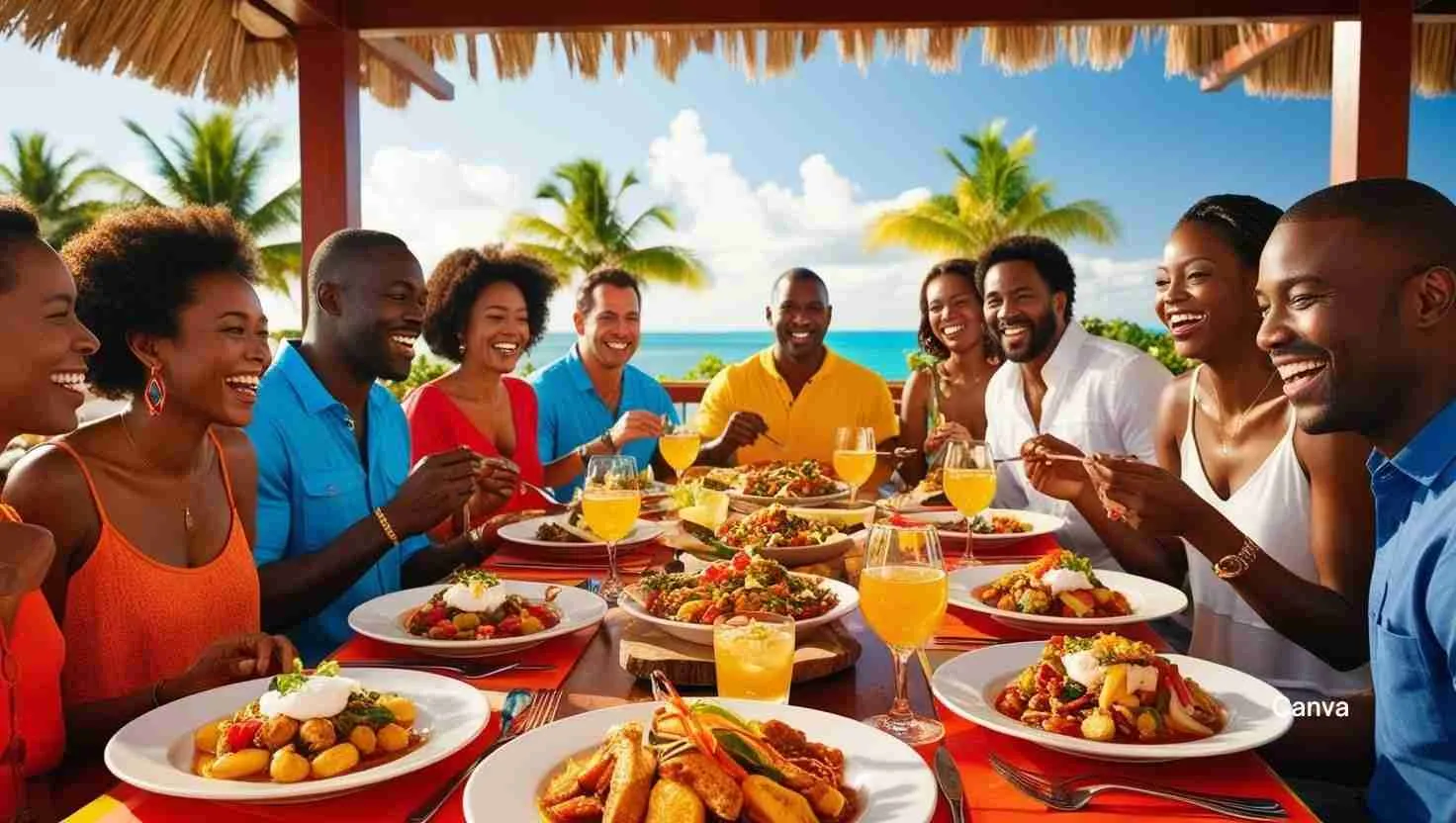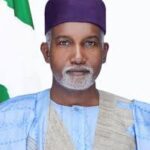In the heart of the Caribbean, a growing cultural renaissance is taking place, one that is deeply rooted in Africa. From the kitchens of homegrown chefs to the beats of Afrobeats music dominating global charts, people across the Caribbean are embracing African pride in new and powerful ways. This reconnection with ancestral heritage is not only cultural but also expanding into economic, social, and diplomatic dimensions that reflect a renewed pan-African movement.
In St Lucia, 29-year-old Nigerian-born doctor Augustine Ogbo exemplifies this bridge between Africa and the Caribbean. By day, he treats patients in clinics across the island, but by night, he dons a different role: the owner and chef of Africana Chops, a thriving Nigerian takeaway in his Rodney Bay home. Since opening in 2022, the eatery has become a hub for locals eager to enjoy African delicacies such as egusi soup, fufu, and jollof rice.
Dr. Ogbo explains that the popularity of his food extends beyond taste. “They know that we all have the same ancestral origin. Most of the time, they want to get in touch with that,” he says, noting how interest in African culture has grown “tremendously” since he first moved to the island in 2016.
This phenomenon is not limited to St Lucia. Across the Caribbean, a surge of cultural pride tied to African ancestry is reshaping the way people express identity, from food and fashion to music and travel. Governments and institutions on both sides of the Atlantic are also recognizing these ties, seeking ways to strengthen economic cooperation and transportation links between Africa and the Caribbean.
The Caribbean’s African roots run deep. Millions of islanders are descendants of enslaved West and Central Africans forcibly brought to the region by European traders in the 17th and 18th centuries. While slavery was abolished in the 19th century, and independence movements swept the region in the 20th century, many African traditions survived and blended with influences from Europe, India, and Asia to form distinct Caribbean cultures.
Now, a new phase of pan-Africanism, the belief in unity among people of African descent, is taking shape. According to Dorbrene O’Marde, chairman of the Antigua and Barbuda Reparations Support Commission, this movement differs from earlier waves in the 1930s and 1960s, which were tied to psychological and cultural pride and often aligned with the American black power movement. Today’s resurgence, he says, is broader. “It has widened beyond psychological and cultural themes and we are now talking in broader economic terms, such as stronger transportation links between the Caribbean and Africa,” O’Marde notes. “We are in a different phase now of pan-Africanism, one that’s not going to wane like before.”
One of the strongest forces driving this revival is social media. Platforms like TikTok are exposing young people across the Caribbean to African history, culture, and lifestyles beyond the legacy of slavery. Dennis Howard, an entertainment and cultural enterprise lecturer at the University of the West Indies, highlights how Jamaican youth are embracing this shift. “People are learning more about black history beyond slavery,” he explains from Kingston.
Afrobeats, the dynamic musical genre born in Nigeria and Ghana, has also fueled this connection. With its global rise, Jamaicans and other Caribbean islanders are seeing a new image of Africa: vibrant, modern, and deeply relatable. “Through the music videos, [Jamaicans] are seeing certain parts of Africa are similar to Jamaica and are developed. We had a concept of Africa as this place where it is backward and it’s pure dirt road… the music is changing that,” Howard observes.
While some critics argue that Caribbean nations already have their own unique heritage that does not need reclaiming, Howard insists that Jamaican culture itself is overwhelmingly African in its foundations. “Our whole culture is African, with a little sprinkling of Indian and European and Chinese. But for the most part it is African-derived. It is the most dominant part of our culture,” he stresses.
The renewed pride is also sparking real-world journeys. Tourism authorities in Ghana report a significant increase in Caribbean visitors, many tracing their ancestral roots. South Africa’s consul to the Bahamas, Werner Gruner, confirms a similar trend, noting a rise in travel from Caribbean citizens to South Africa, Ghana, and Kenya in recent years.
What was once seen as a cultural connection is now becoming a living, breathing movement that stretches across oceans. From Nigerian cuisine in St Lucia to Afrobeats in Jamaica, and from reparations dialogues in Antigua to tourism exchanges with Ghana, the Caribbean is experiencing a renaissance of African identity. This new wave of pan-Africanism not only celebrates history but also builds a future of stronger ties, deeper pride, and greater unity between Africa and its diaspora in the Caribbean.













Leave a comment